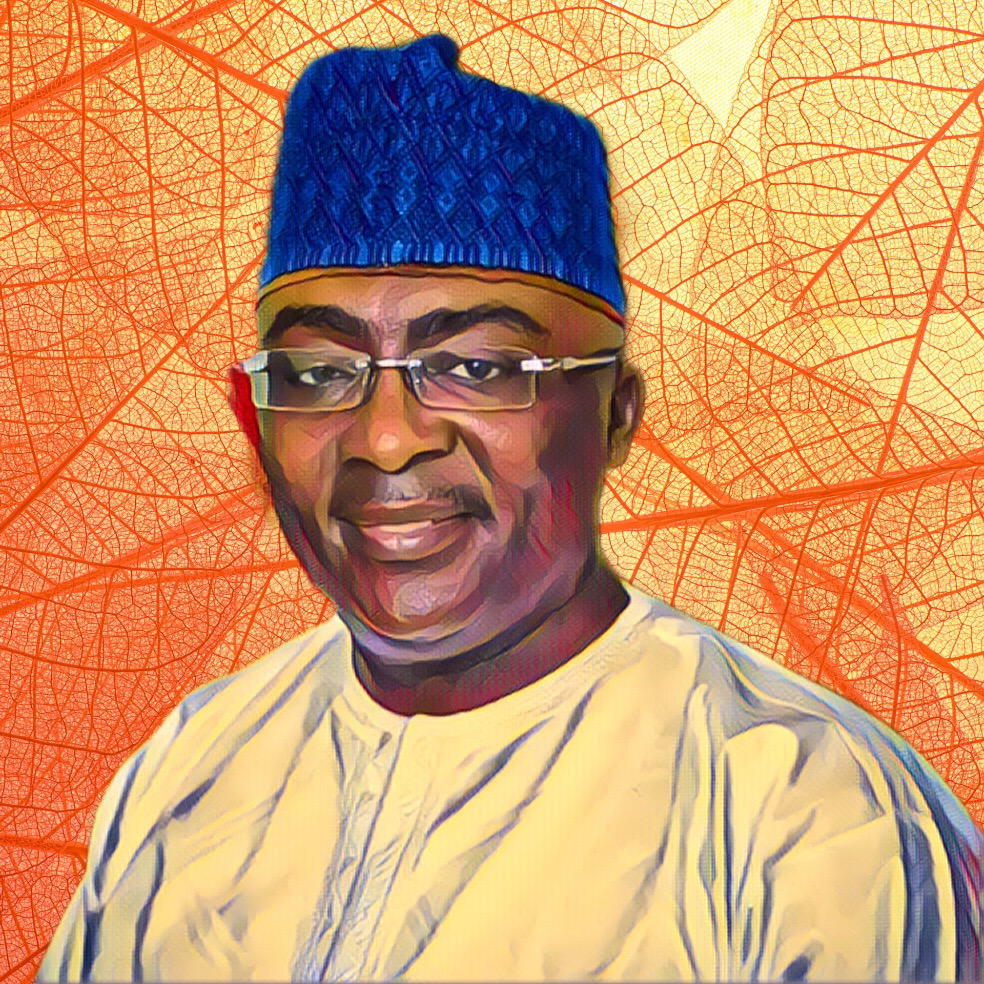In a bold and unequivocal Eid message delivered amidst thousands of Muslim worshippers in Kumasi, Vice President Mahamudu Bawumia of Ghana’s ruling New Patriotic Party (NPP) made his stance on LGBTQ practices abundantly clear. Emphasizing alignment with Ghana’s cultural, religious, and societal norms, Vice President Bawumia left no room for ambiguity, firmly opposing the practice of homosexuality.
Addressing the gathering, Vice President Bawumia underscored the deeply ingrained disapproval of LGBTQ within Ghanaian culture and society. “I will like to take this opportunity to personally comment on the raging issue of LGBTQ in Ghana,” he began, setting the tone for a resolute declaration. “First of all, it is important to note that our cultural and societal norms and values as Ghanaians frown on the practice of homosexuality,” Vice President Bawumia affirmed, reflecting the sentiments prevalent among the populace. He reiterated that these norms extend beyond mere disapproval, forming an integral part of Ghana’s identity and collective ethos.
Furthermore, Vice President Bawumia emphasized the alignment of his personal beliefs with the teachings of Islam, Ghana’s predominant religion. “As a Muslim, my view on this matter aligns with the position of my religious faith,” he asserted. Drawing upon Islamic scriptures, he highlighted the clear condemnation of LGBTQ acts, including same-sex marriages, within the Holy Quran. With unwavering conviction, Vice President Bawumia stressed the absence of ambiguity in his stance: “My faith is therefore very strictly against the practice of homosexuality, no ‘ifs’ or ‘buts.’ No shades of grey.” This categorical rejection resonated with the gathered audience, reflecting a shared commitment to upholding traditional values and religious principles.
Moreover, Vice President Bawumia emphasizeed the collective opposition of Ghana’s major religious traditions, including Christianity and Islam, towards LGBTQ practices. “All the major religious traditions in Ghana (Christianity and Islam) are opposed to this practice,” he affirmed, emphasizing the unanimity of religious teachings on this matter. In alignment with these sentiments, Ghana’s Parliament recently passed a robust anti-LGBTQ Bill, reflecting the legislative response to societal concerns. However, the bill awaits Presidential approval, with President Nana Addo Dankwa Akufo-Addo facing legal challenges to its constitutionality.
The President’s hesitation to sign the bill into law, amidst legal challenges and human rights advocacy, emphasizes the complex interplay between legal frameworks, cultural values, and international human rights standards. While Ghana navigates these, Vice President Bawumia’s firm rejection of LGBTQ practices reinforces the country’s commitment to preserving its cultural and religious identity.





3 comments
Thank you for your sharing. I am worried that I lack creative ideas. It is your article that makes me full of hope. Thank you. But, I have a question, can you help me?
I don’t think the title of your article matches the content lol. Just kidding, mainly because I had some doubts after reading the article. https://www.binance.info/register?ref=IHJUI7TF
Thank you for your sharing. I am worried that I lack creative ideas. It is your article that makes me full of hope. Thank you. But, I have a question, can you help me? https://www.binance.info/register?ref=IHJUI7TF